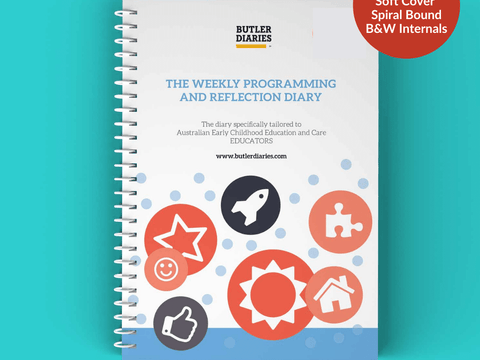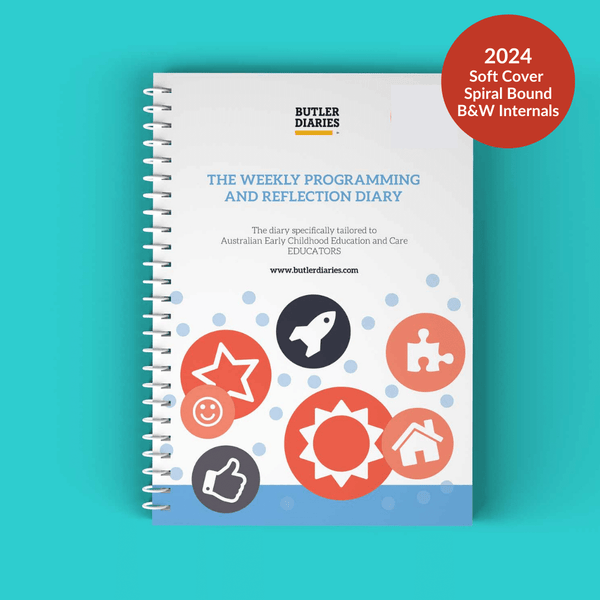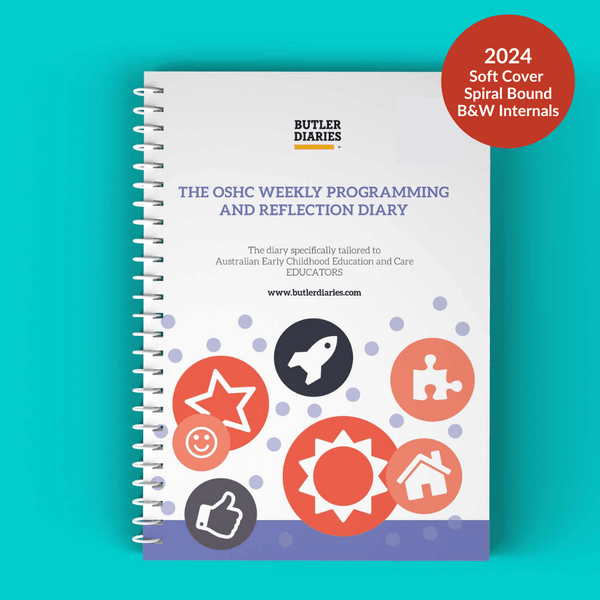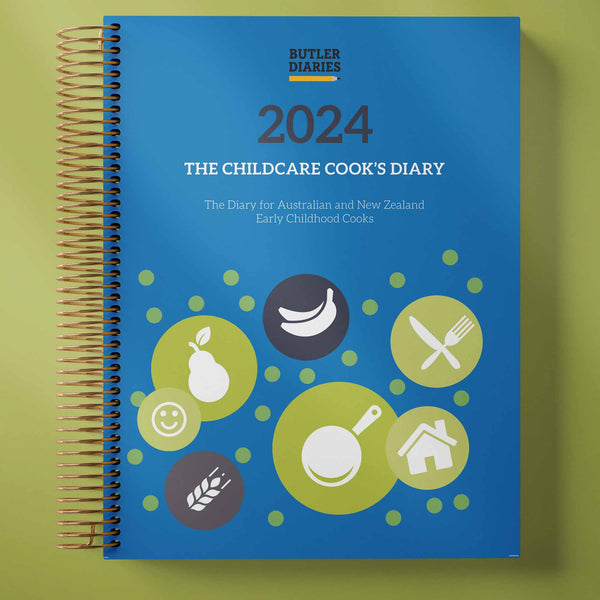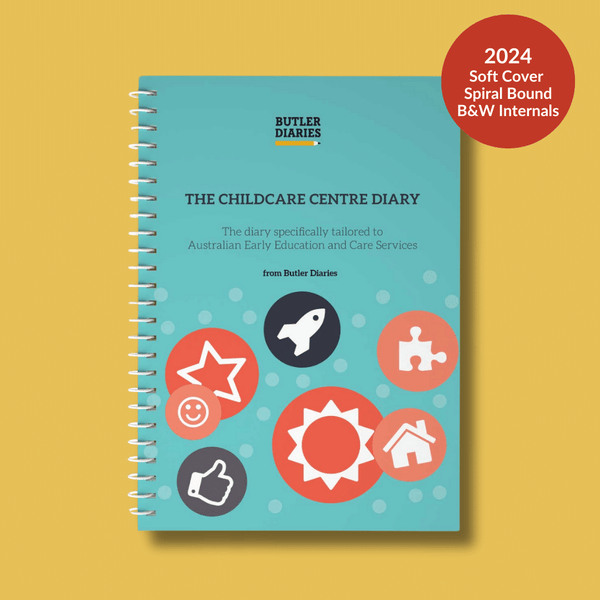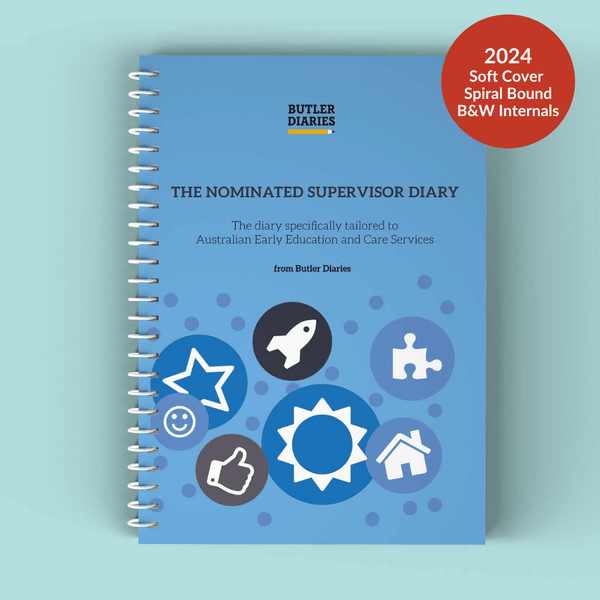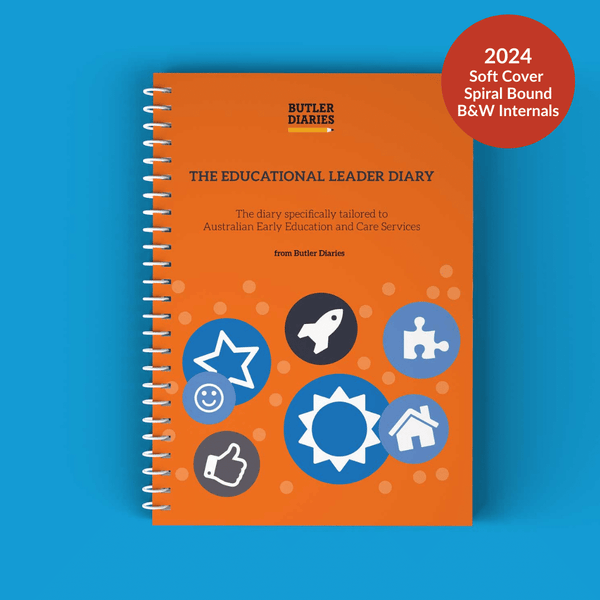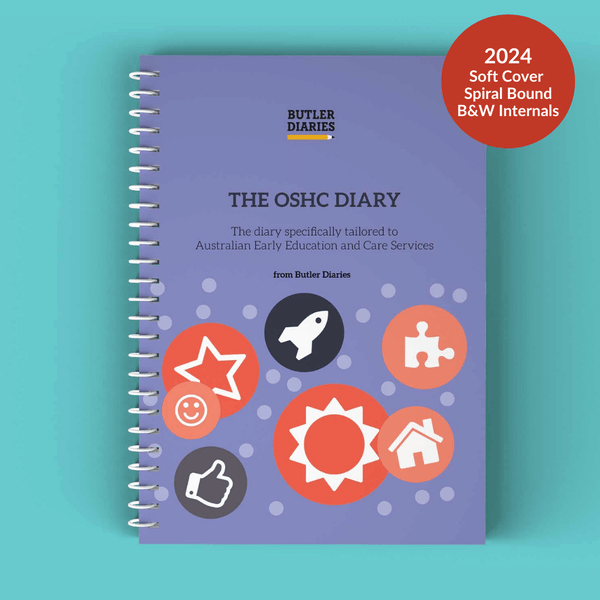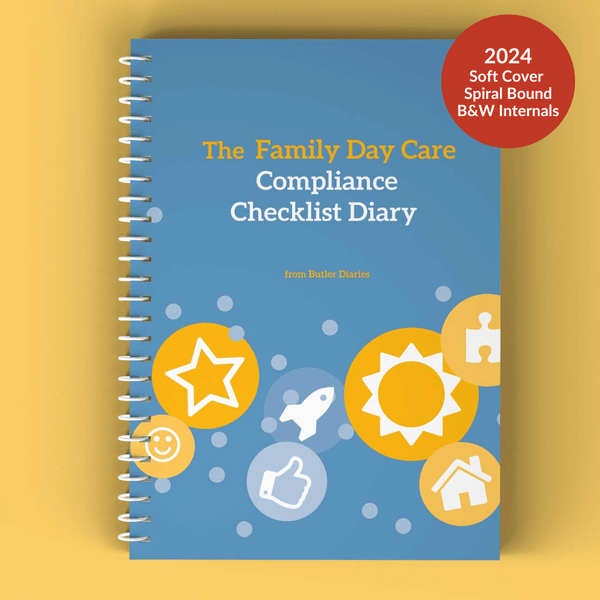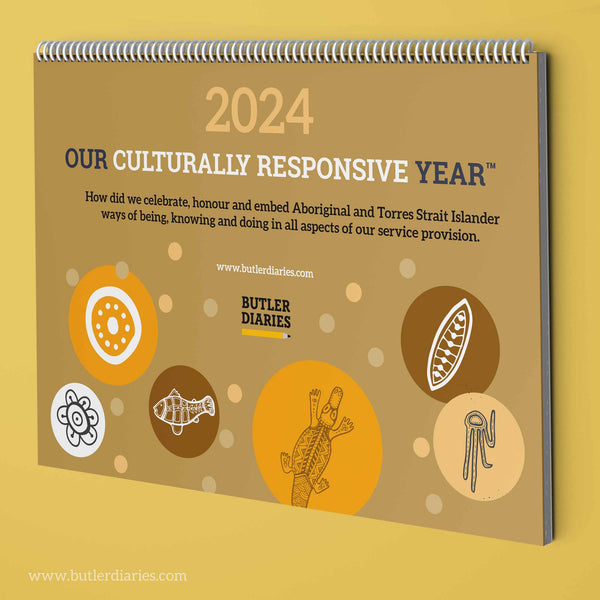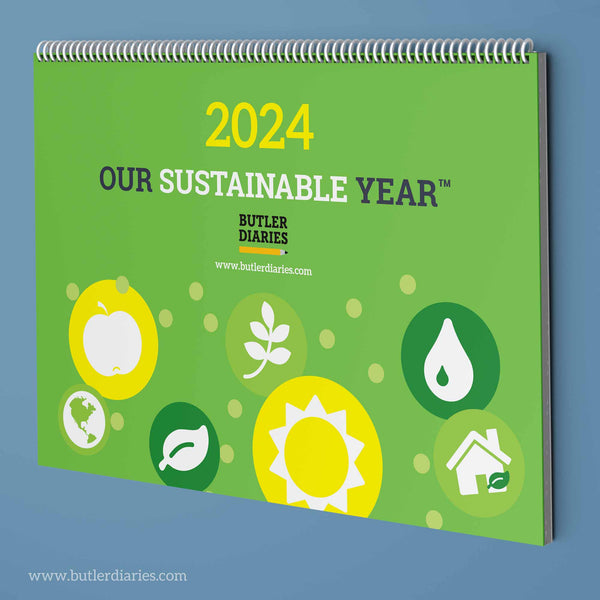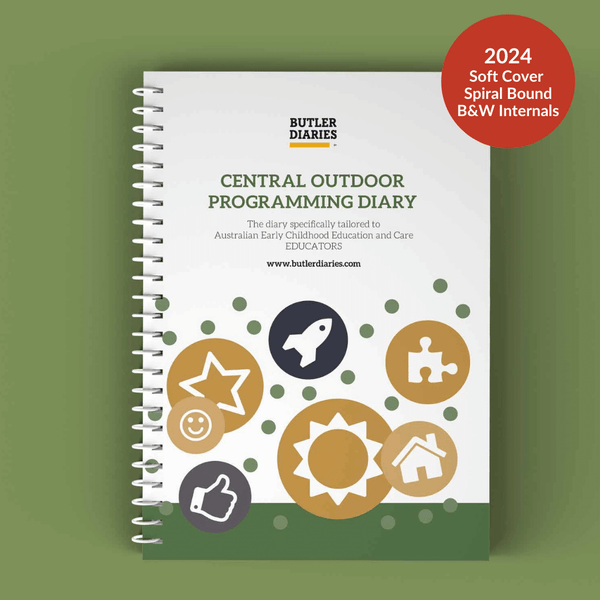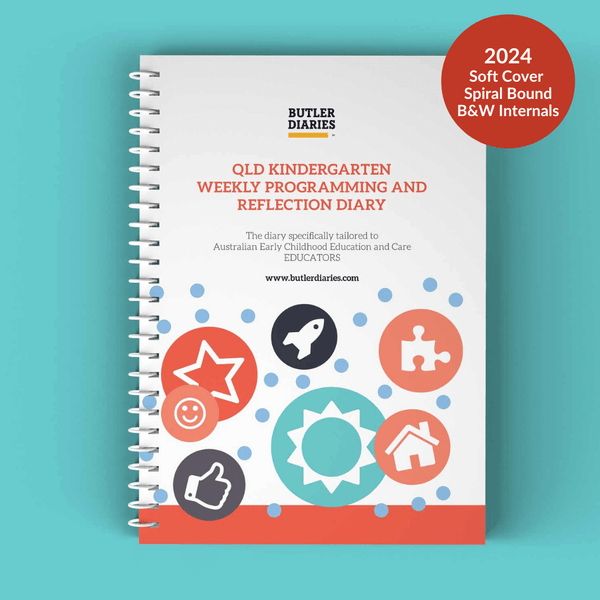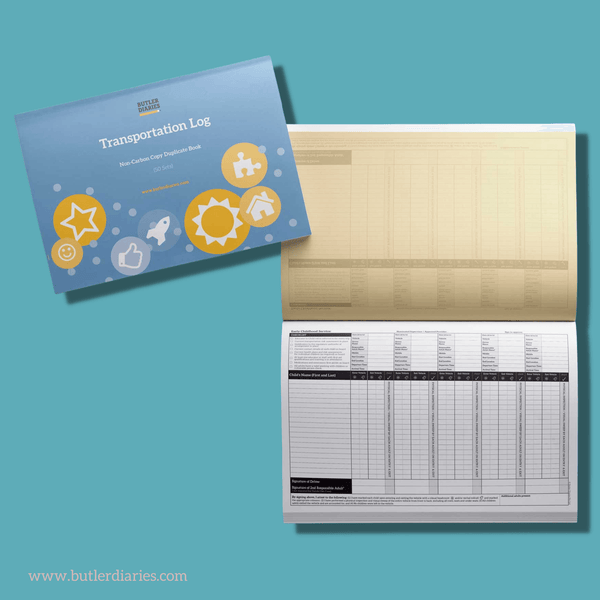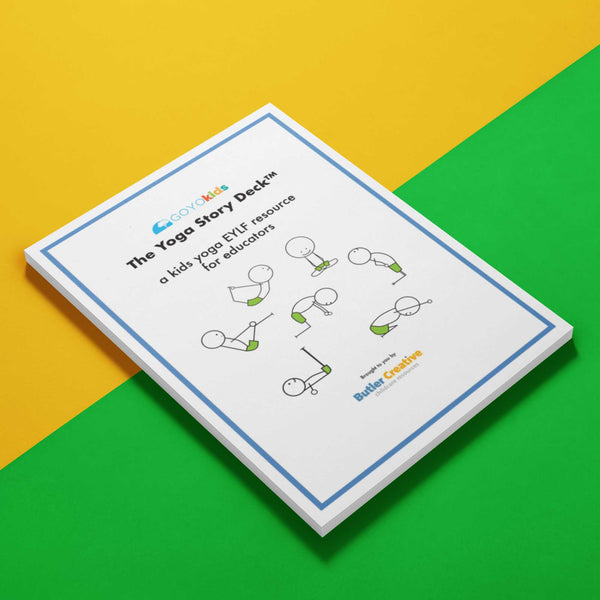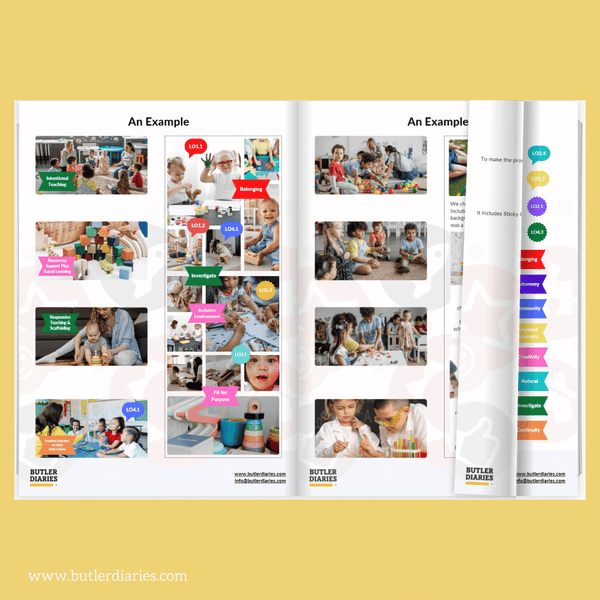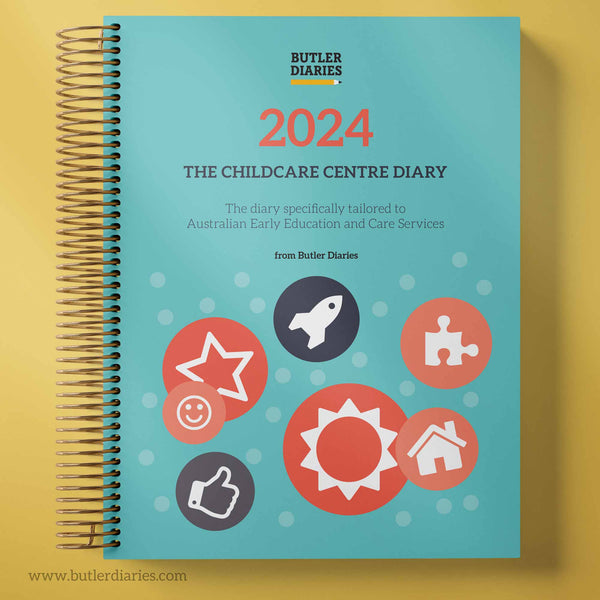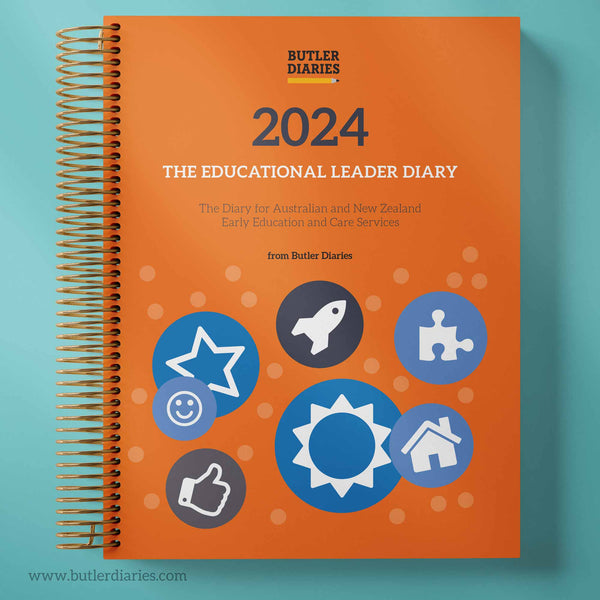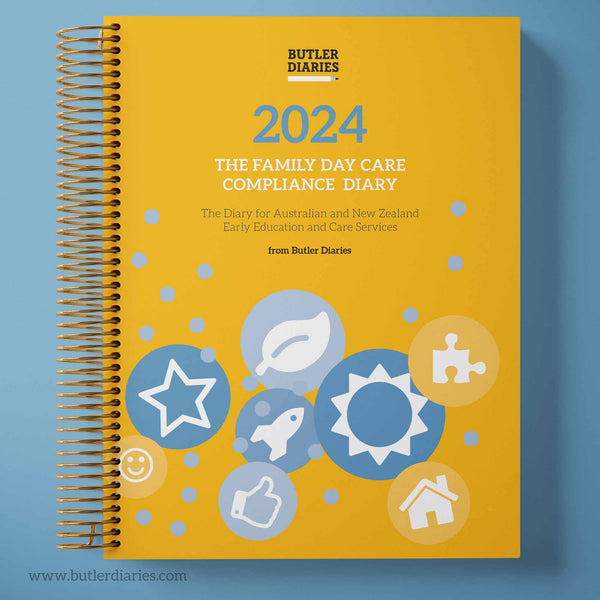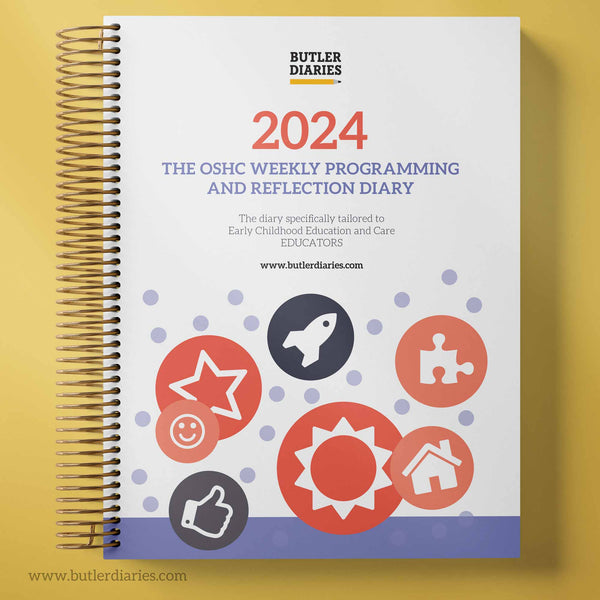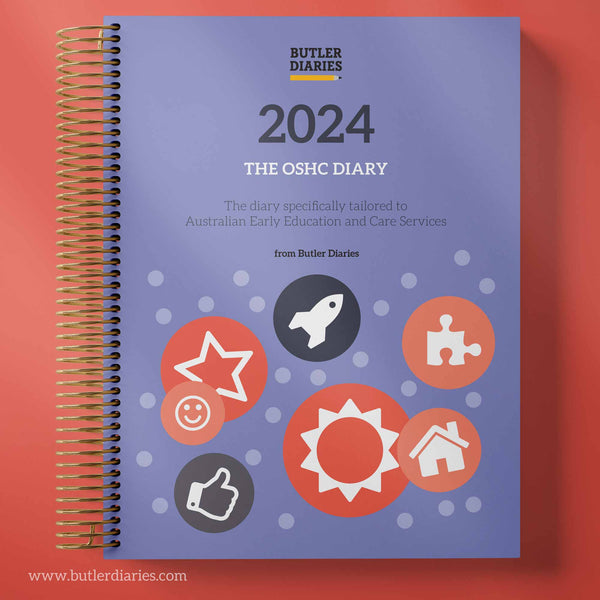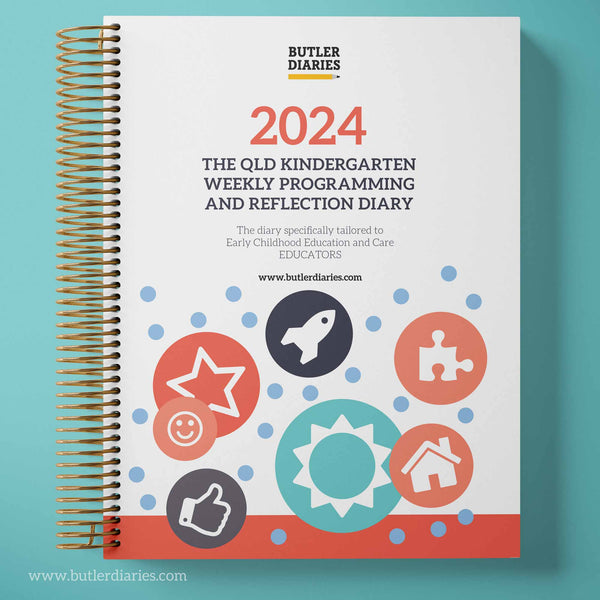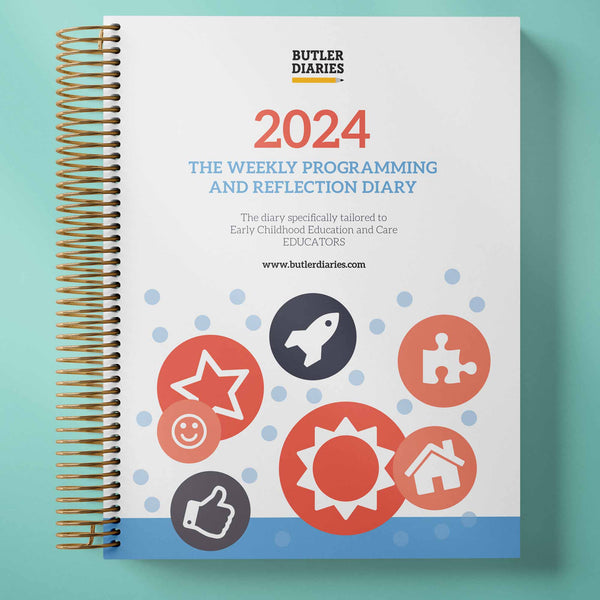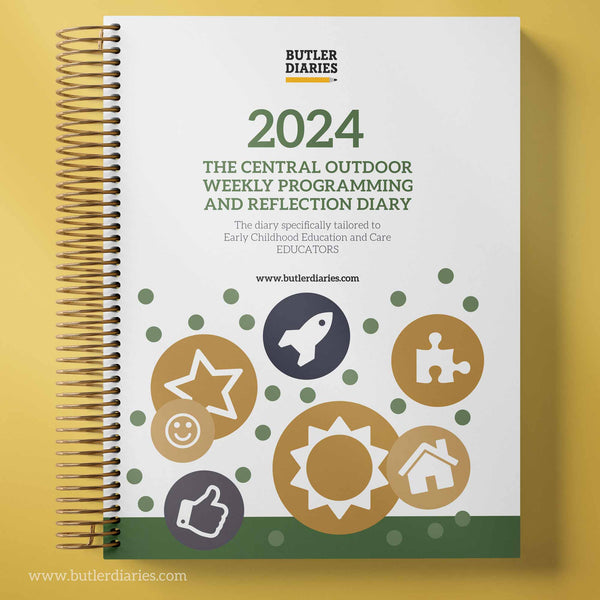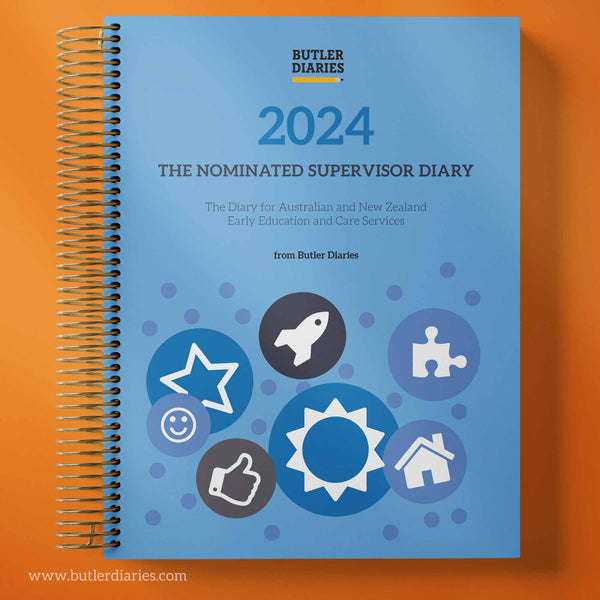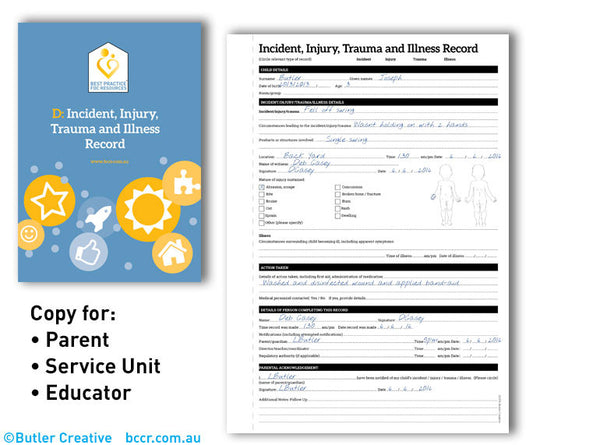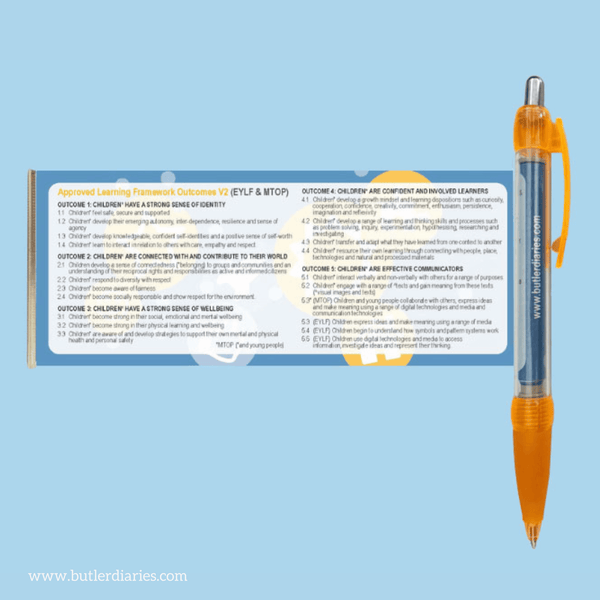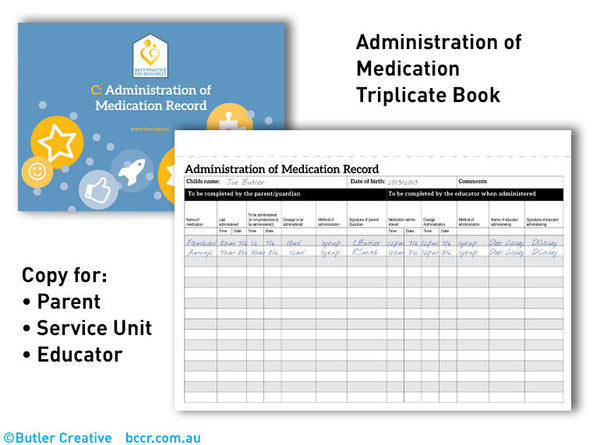Welcome to our exploration of learning outcomes in the Early Years Learning Framework (EYLF), a pivotal instrument in early childhood education across Australia. The aim of this blog post is to discuss key practices that will enable educational success, leveraging the robustness and potential of the EYLF. With an emphasis on holistic development and learning, EYLF encapsulates five learning outcomes that encompass children's lives. Whether you're an early childhood educator, parent, or a student studying education, our exploration of effective practices for achieving these learning outcomes will provide valuable insights.

1. Understanding EYLF:
The Early Years Learning Framework, or EYLF, is a keystone of early childhood education in Australia. It sets out a comprehensive plan for educators and care providers to foster children's learning from birth to five years and their transition to school. The EYLF underpins the importance of helping children realise their potential and cultivate their learning prowess through the guidance of experienced educators and supportive environments.
The significance of the EYLF in early childhood education cannot be overstated. Its structure offers a broad spectrum of opportunities for children to experience play-based learning, imbued with vital elements such as identity, community, wellbeing, learning, and communication. These elements form the groundwork for a child’s overall development and future success.
2. An Overview of Learning Outcomes EYLF:
The EYLF encapsulates five learning outcomes, each one aimed at holistically shaping a child's life. These outcomes focus on nurturing a child's sense of identity, connection with their community, overall wellbeing, active learning, and effective communication.
Each outcome plays a distinct role in a child's development. The sense of identity enables a child to understand and appreciate their uniqueness. Community connections instil respect for diversity and foster a sense of belonging. Wellbeing equips children with the tools to become strong and healthy. Active learning encourages curiosity, creativity, and the joy of learning. Lastly, communication develops children's ability to interact effectively with others and understand the world around them.

3. The Role of the Educator:
Educators are the catalysts in the execution of the EYLF, playing a significant role in achieving the outlined learning outcomes. They devise and implement programs that embrace each child's individuality, interests, and abilities, fostering their holistic development.
The key strategies for educators involve creating a nurturing environment, promoting interactive learning, and understanding each child's unique needs. These may include providing children with opportunities to explore, experiment, and make choices, as well as promoting inclusivity and diversity in learning activities.

4. Parents and the EYLF:
Parents, as children's first educators, also play a vital role in supporting learning outcomes EYLF at home. They can extend and reinforce the EYLF principles by providing a nurturing and stimulating environment.
Practical tips for parents may include encouraging curiosity, fostering a love of learning, and promoting inclusivity and respect for diversity. Moreover, parents can engage in conversations about their child's day, focusing on what they enjoyed and learned, and how they interacted with others.
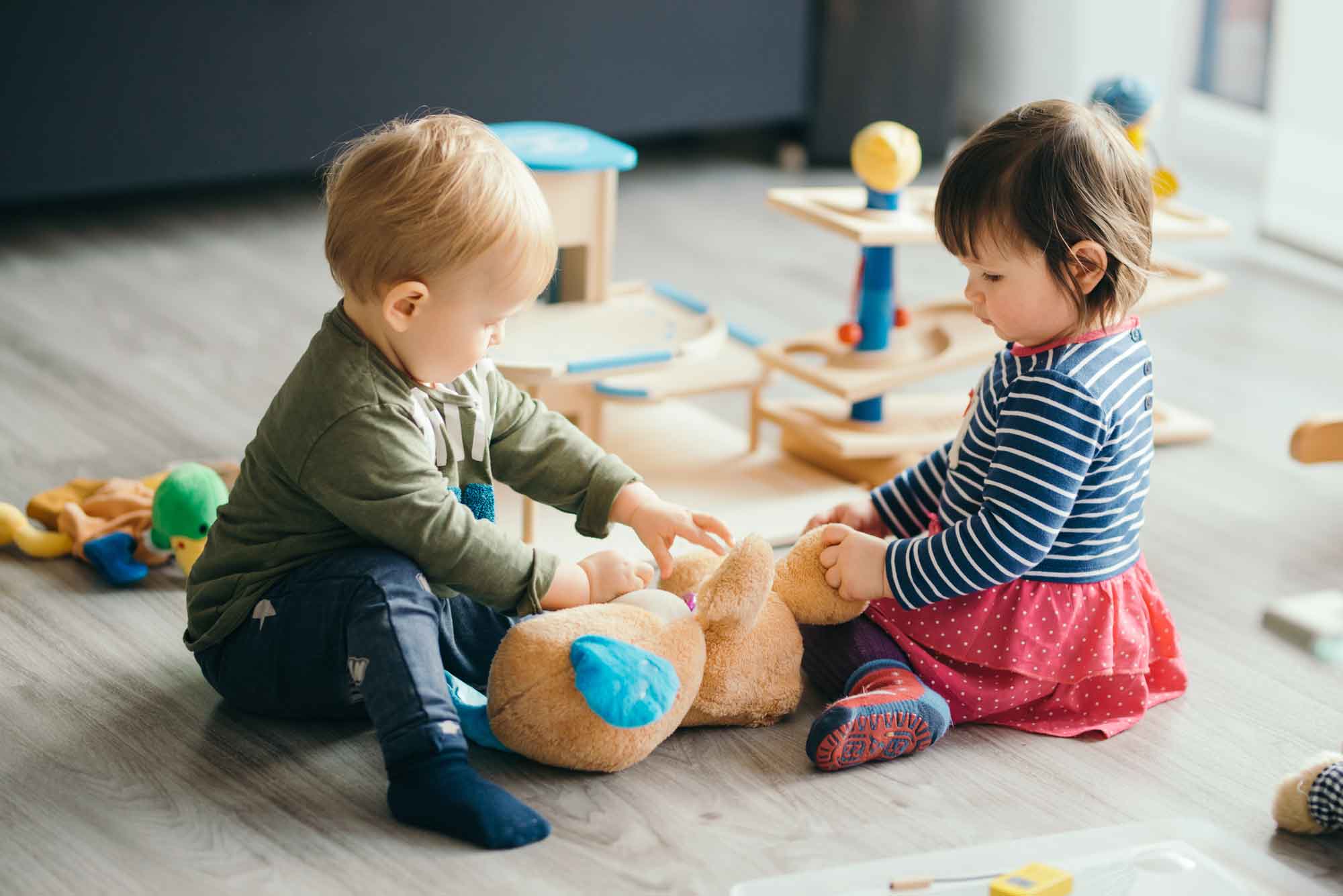
5. Effective Practices to Enhance Learning Outcomes EYLF:
Several proven practices have shown effective in enhancing learning outcomes EYLF. These include immersive play-based learning, tailored learning experiences (intentional teaching), and fostering an inclusive and supportive learning environment.
Learning experiences should be individualised, considering the unique interests, strengths, and needs of each child. This personalisation allows children to be more engaged and fosters a deeper understanding of the learning material. Case studies reveal that when children are allowed to learn at their own pace and in their own style, they are more likely to retain knowledge and enjoy the learning process.

6. Measuring Success:
The process of evaluating and tracking progress in achieving learning outcomes is essential for continuous improvement. This is where tools like the Butler Weekly Programming and Reflection Diary can be instrumental.
(Listen here to a raving fan of the programming diary, who points out some of the practical uses and problems it solves)
The Butler Diary enables educators to document weekly planning and reflection, making it easier to assess the progression of children's learning outcomes. Using this tool, educators can track individual children's progress, pinpoint areas of improvement, and plan future learning activities more effectively. It also facilitates open communication between educators and parents, keeping everyone informed about the child's growth and learning journey.
7. Conclusion:
Understanding and applying the EYLF is instrumental in ensuring children reach their full potential. Utilising the key practices discussed can significantly enhance the achievement of learning outcomes, providing a robust foundation for a child’s overall development and future success.
As we continue to navigate the landscape of early childhood education, let's bear in mind the central role that parents and educators play. And let's not forget the importance of tools like the Butler Weekly Programming and Reflection Diary in ensuring a thorough and effective approach towards achieving learning outcomes EYLF. Together, we can shape a promising educational journey for our young learners.

